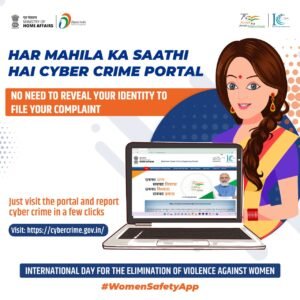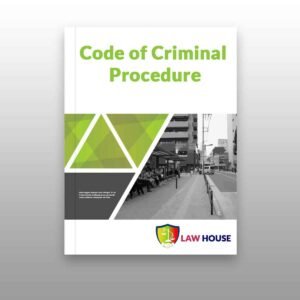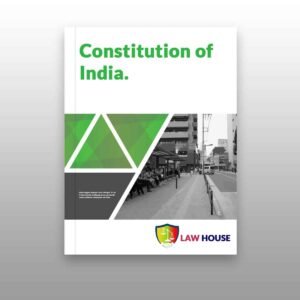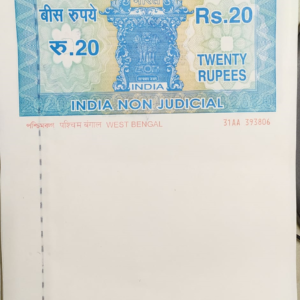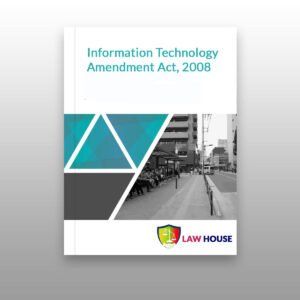Cybercrime can be used as a tool to perpetrate domestic violence against women. Cyber violence is an extension of traditional forms of violence against women, such as physical and emotional abuse. It can take many forms, including harassment, stalking, cyberbullying, and revenge porn.
In India, the Protection of Women from Domestic Violence Act, 2005 recognizes cyber violence as a form of domestic violence. Under the Act, women who have experienced cyber violence can seek protection orders, residence orders, and monetary relief from the court.
The National Commission for Women (NCW) has also set up a dedicated Cyber Cell to provide support to women who have experienced cyber violence. The Cyber Cell provides counseling and legal assistance to victims and helps them to report cybercrime to the appropriate authorities.
If you are a victim of cyber violence, it’s important to seek support from family, friends, or a counselor. You can also contact the police or the NCW’s Cyber Cell to report the incident and seek legal and counseling support. Remember, cyber violence is a serious crime, and it’s important to take action to protect yourself and hold the perpetrator accountable.

What is Cyber harassment?
Cyber harassment is a form of cybercrime that specifically targets women. It can take many forms, including cyberbullying, online stalking, and sexual harassment. Cyber harassment can have serious consequences for women’s mental health and well-being.
In India, the Information Technology (IT) Act, 2000 and the Indian Penal Code (IPC) contain provisions that can be used to prosecute cyber harassment against women. Under the IT Act, cyberstalking, cyberbullying, and revenge porn are illegal. The IPC also contains provisions for offenses such as stalking, voyeurism, and sexual harassment.
If you are a victim of cyber harassment, there are steps you can take to protect yourself and seek justice. Here are some things to consider:
- Document the harassment: Keep records of any harassing messages or posts, including dates, times, and the content of the messages.
- Block the harasser: If possible, block the harasser from your social media accounts and email.
- Report the harassment: Report the harassment to the platform or website where it occurred. Many social media platforms have reporting mechanisms for harassment.
- Contact the police: If the harassment is serious, you can contact the police and file a complaint. Provide them with any evidence you have.
- Seek support: Cyber harassment can be emotionally distressing. Seek support from family, friends, or a counselor.
Remember, cyber harassment is a serious crime, and it’s important to take action to protect yourself and hold the perpetrator accountable.
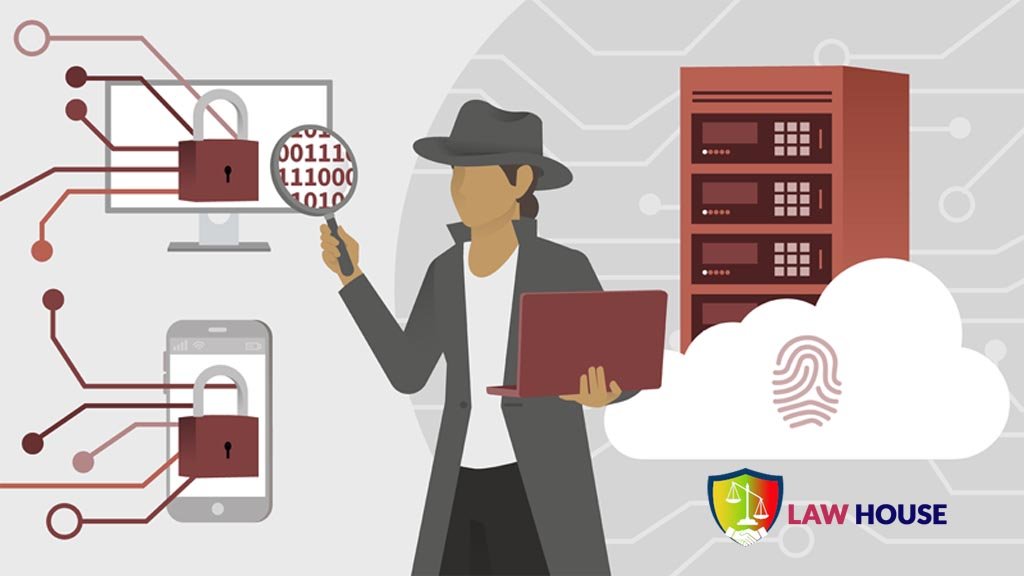
What is Cyberbullying?
Cyberbullying is a form of online harassment that involves the use of digital technology to bully, threaten, or humiliate someone. It can take many forms, including sending threatening or abusive messages, posting embarrassing or humiliating photos or videos, or spreading rumors and lies about someone online.
Cyberbullying can have serious consequences for the victim’s mental health and well-being. It can lead to anxiety, depression, and even suicide in some cases. In India, cyberbullying is a criminal offense under the Information Technology (IT) Act, 2000, and can lead to imprisonment and fines.
If you are a victim of cyberbullying, there are steps you can take to protect yourself and seek justice. Here are some things to consider:
- Don’t respond: Responding to cyberbullying can often make the situation worse. Instead, try to ignore the messages and block the sender.
- Save evidence: Keep copies of any threatening or abusive messages, photos, or videos. This evidence may be useful if you decide to report the cyberbullying to the police.
- Report the cyberbullying: If the cyberbullying is severe or persistent, report it to the police or the platform or website where it occurred. Many social media platforms have reporting mechanisms for harassment.
- Seek support: Cyberbullying can be emotionally distressing. Seek support from family, friends, or a counselor.
Remember, cyberbullying is a serious offense, and it’s important to take action to protect yourself and hold the perpetrator accountable. If you witness cyberbullying, don’t be a bystander. Speak out and report the behavior to the appropriate authorities or platform.
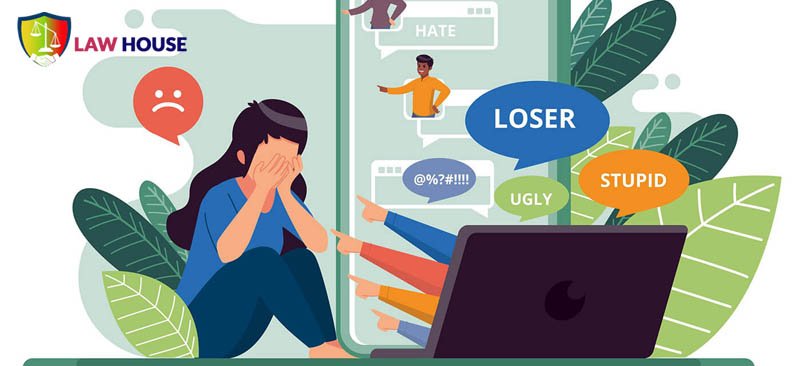
What is cyber stalking?
Cyberstalking is a form of online harassment that involves using the internet or other electronic communication devices to repeatedly harass, threaten, or intimidate someone. It can include sending threatening or abusive messages, monitoring someone’s online activity, or using fake social media profiles to harass or stalk someone.
In India, cyberstalking is a criminal offense under the Information Technology (IT) Act, 2000, and the Indian Penal Code (IPC). Cyberstalking can lead to imprisonment and fines.
If you are a victim of cyberstalking, here are some steps you can take to protect yourself and seek justice:
- Save evidence: Keep copies of any threatening or abusive messages, emails, or other communications. This evidence may be useful if you decide to report the cyberstalking to the police.
- Block the stalker: Block the stalker from all your social media accounts, email, and other online communication platforms.
- Report the cyberstalking: If the cyberstalking is severe or persistent, report it to the police or the platform or website where it occurred. Many social media platforms have reporting mechanisms for harassment.
- Seek support: Cyberstalking can be emotionally distressing. Seek support from family, friends, or a counselor.
Remember, cyberstalking is a serious offense, and it’s important to take action to protect yourself and hold the perpetrator accountable. If you witness cyberstalking, don’t be a bystander. Speak out and report the behavior to the appropriate authorities or platform.
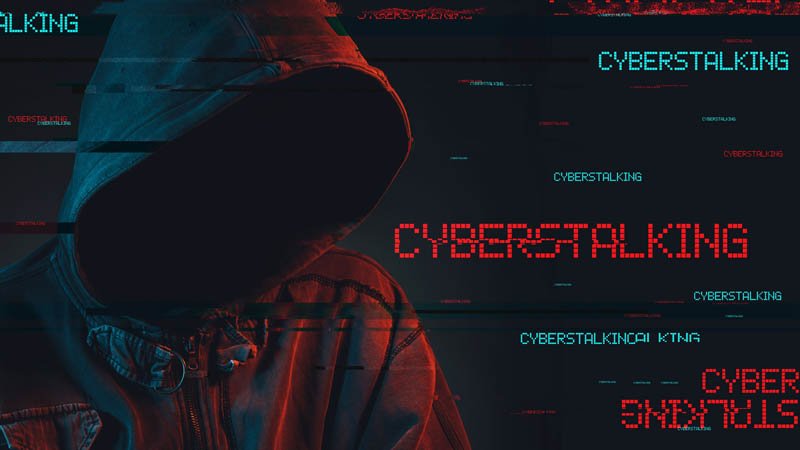
What is revenge porn in cyber crime?
Revenge porn is a form of cyber harassment that involves the distribution of sexually explicit images or videos without the consent of the person depicted. It is often used as a form of revenge after a romantic relationship has ended.
Revenge porn is a criminal offense in India under Section 67A of the Information Technology (IT) Act, 2000. The offense is punishable by imprisonment and/or fines.
If you are a victim of revenge porn, here are some steps you can take to protect yourself and seek justice:
- Contact the website or platform hosting the content: Ask the website or platform to remove the content. Many websites have mechanisms for reporting revenge porn.
- Save evidence: Keep copies of the images or videos, and any communication with the person who posted them.
- Contact the police: Report the incident to the police. Provide them with any evidence you have.
- Seek support: Revenge porn can be emotionally distressing. Seek support from family, friends, or a counselor.
Remember, revenge porn is a serious offense, and it’s important to take action to protect yourself and hold the perpetrator accountable. If you witness revenge porn, don’t be a bystander. Speak out and report the behavior to the appropriate authorities or platform
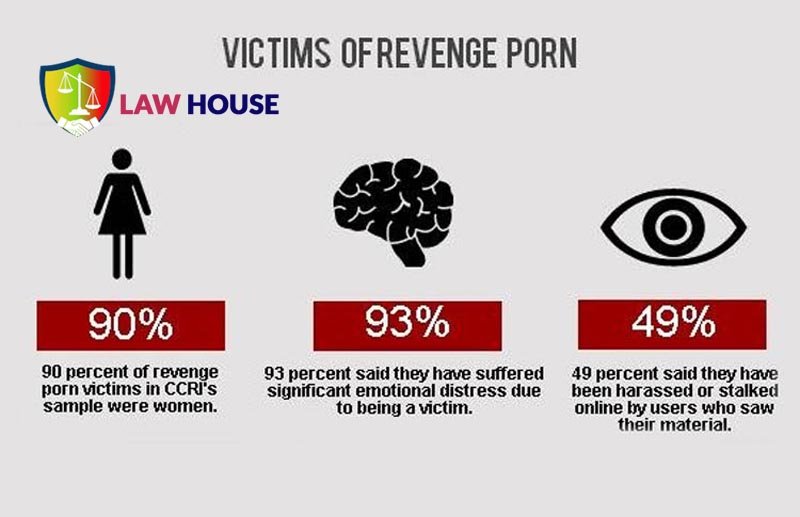
How to report cybercrime in India?
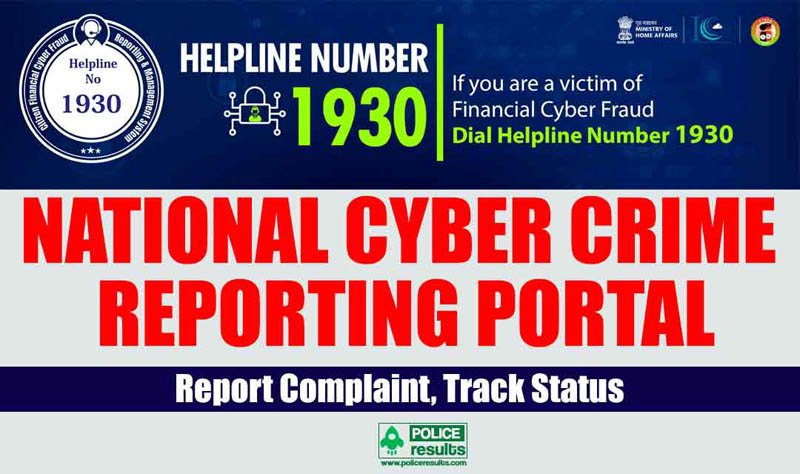

What are the cyber crime laws in India?
Cybercrime against women during lockdown | an exclusive guide
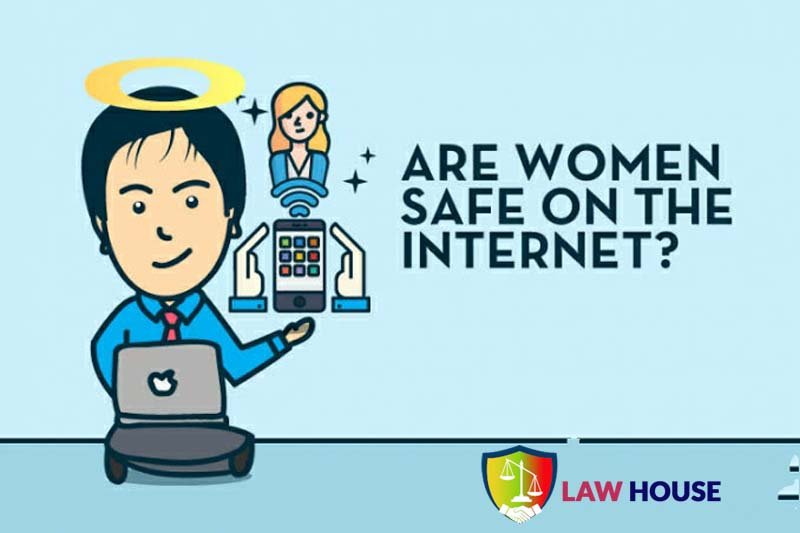









![Honey trap in Cybercrime: A to Z guide Exploring Honey Trap in Cyberspace [With Video]](https://www.lawhousekolkata.com/wp-content/uploads/Post-Images/Honey-Trap-300x169.jpg)



















